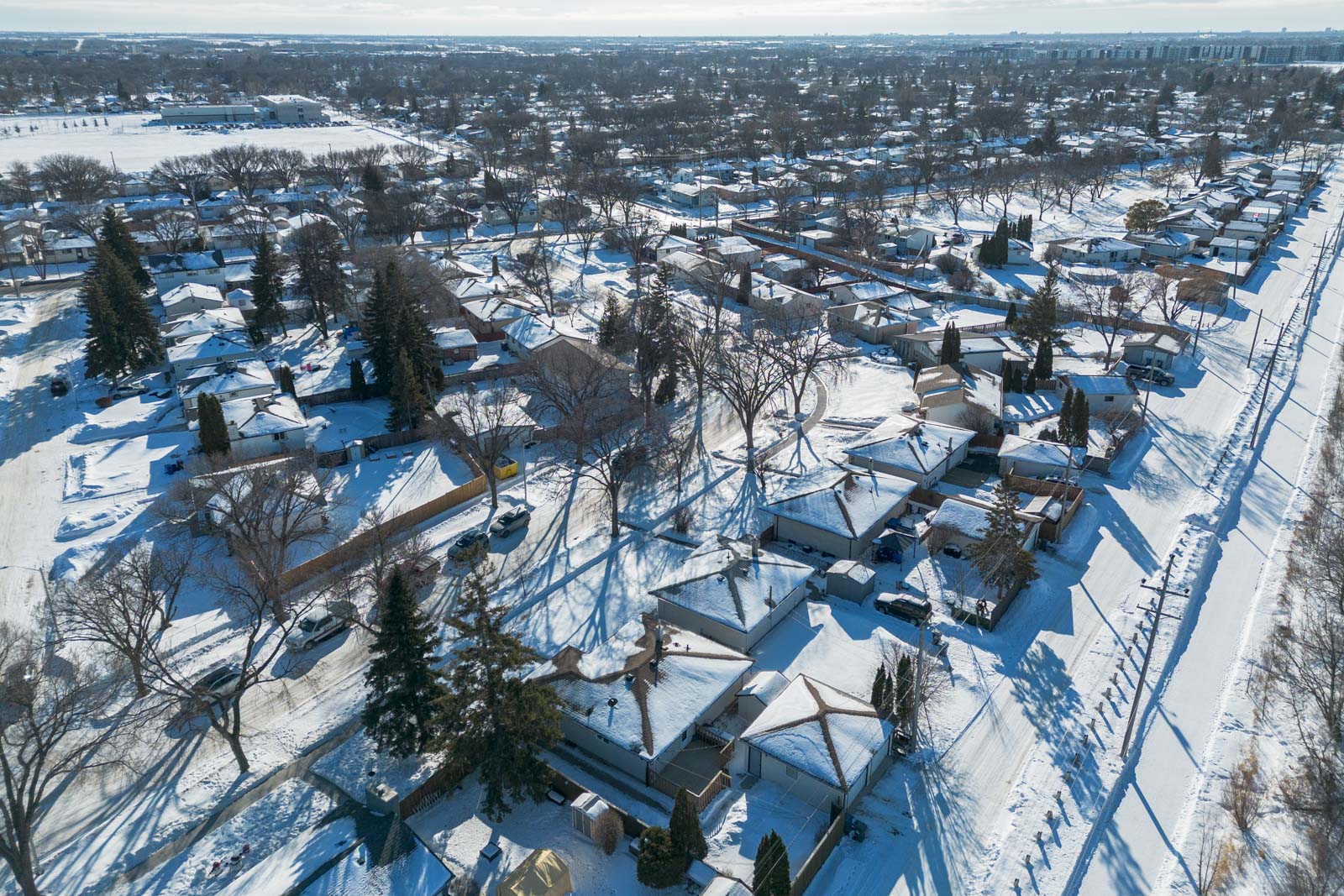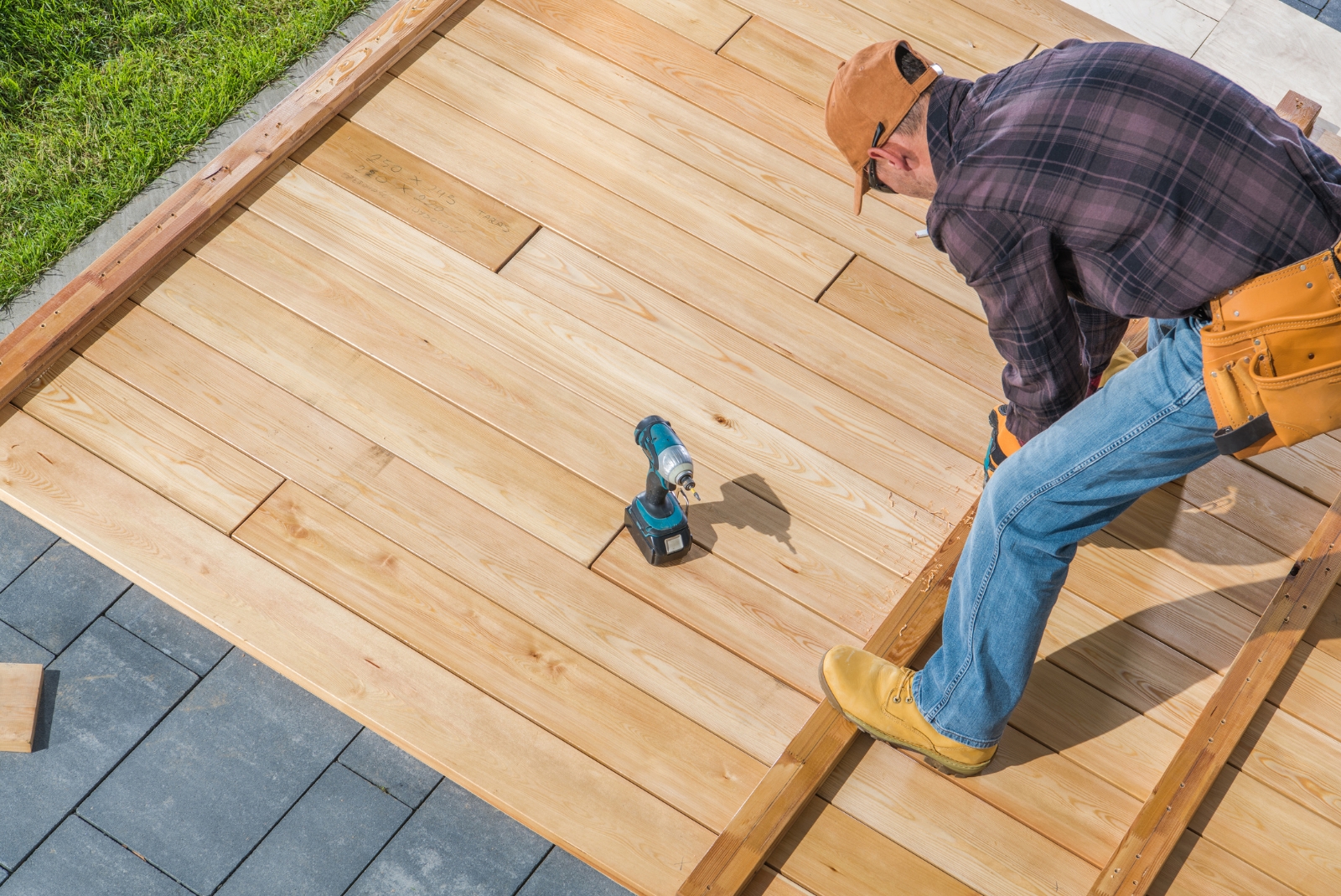Why Reviewing a Reserve Fund Study is Crucial When Buying a Condo

Buying a condominium can be an exciting investment, but it comes with unique financial responsibilities. One of the most important documents to review before closing a condo purchase is the Reserve Fund Study. This document outlines the financial health of the condominium corporation and ensures that future repair and maintenance costs are adequately funded. Understanding the reserve fund study can help you avoid unexpected expenses and assess the long-term stability of the condo.
What is a Reserve Fund Study?
A Reserve Fund Study is a comprehensive report prepared by an independent professional that evaluates the condition of a condominium’s common elements and estimates the future costs of maintaining and repairing them. It ensures that the condominium corporation sets aside enough money to cover these costs without relying on special assessments or sudden increases in condo fees.
Key Purposes of a Reserve Fund Study:
✅ To identify major repair and replacement needs for common elements (e.g., roofs, elevators, parking lots)
✅ To estimate the costs and timelines for these repairs
✅ To recommend annual contributions to the reserve fund to ensure sufficient future funding
✅ To prevent financial shortfalls that could lead to special assessments for condo owners
What’s it like to buy in Winnipeg? The posts below will give you some ideas:
- Should You Buy Your First Condo In Winnipeg?
- Why Buying A Condo In Winnipeg Is Better Than Renting
- What You Need To Know About Disclosure Certificates When Buying A Condo
Why the Reserve Fund Study Matters
If the condo includes underground parking, thoroughly inspect this space for any structural issues, lighting problems, or signs of water damage. Adequate ventilation is also crucial to prevent issues like mold. A well-maintained underground parking facility not only ensures the safety of your vehicle but also contributes to the overall security and value of the property.
1. Predicts Future Costs
A Reserve Fund Study outlines when major repairs or replacements are likely to occur and estimates their costs. This helps the condo board plan ahead and avoid financial surprises. For example, if the study shows that the roof will need to be replaced in five years, the condo corporation can start adjusting the reserve fund contributions now to cover that cost.
2. Ensures Financial Stability
A healthy reserve fund reflects the financial strength of the condominium corporation. If the reserve fund is underfunded, the condo board may need to impose a special assessment on owners to cover unexpected costs. Reviewing the study helps buyers gauge whether the current funding levels are sufficient or if future increases in condo fees are likely.
3. Avoids Special Assessments
When a reserve fund is insufficient, the condo board may need to issue a special assessment—a one-time charge to cover large repairs. Special assessments can be costly and financially stressful for owners. A well-maintained reserve fund reduces the risk of these unexpected expenses.
4. Helps Buyers Compare Properties
If you’re considering multiple condo options, comparing reserve fund studies can help you assess the financial health of each building. A well-funded reserve fund indicates that the condo corporation is well-managed and prepared for future expenses. Conversely, a low reserve fund balance may suggest potential financial trouble ahead.
5. Influences Property Value
A well-maintained building with a healthy reserve fund typically retains its value better over time. Prospective buyers are more likely to invest in a condo where future repairs and maintenance are financially planned for, rather than facing uncertainty about rising costs.
Thinking about buying or selling a condo in Winnipeg? The resources below will help streamline the process:
- Should You Work With a Condo Specialist When Buying or Selling?
- Buying a Condo? What to Consider in Addition to the Condo Unit.
- Standout Condo Developments in Osborne Village
What to Look for in a Reserve Fund Study
✅ Current Reserve Fund Balance
- Compare the current balance to the ideal balance recommended in the study.
- A large gap between the actual and ideal balance may signal a future fee increase.
✅ Annual Contributions
- Review how much is currently being contributed to the reserve fund.
- If contributions are low, the condo board may need to increase them to meet future needs.
✅ Projected Repair and Replacement Schedule
- Look at the timeline for major repairs (e.g., roof, windows, plumbing).
- Ensure the reserve fund is on track to cover these costs when they arise.
✅ Funding Strategy
- Some condo boards aim for a fully funded reserve, while others target a balanced approach.
- Understanding the funding strategy helps you anticipate future fee increases or assessments.
Common Funding Strategies
Reserve fund studies often propose multiple funding scenarios:
✅ Maintain Annual Contributions
- Keeps the same contribution level year over year
- May lead to a shortfall if future costs increase
✅ Target Ideal Balance
- Increases contributions over time to reach a fully funded reserve
- Provides long-term financial stability but may require higher fees initially
✅ Balance Funding Strategy
- Balances moderate increases in contributions with maintaining a positive reserve fund balance
- Aims to avoid large fee increases while covering future costs
Red Flags to Watch For:
🚩 A reserve fund balance far below the recommended level
🚩 A large increase in planned contributions to cover a shortfall
🚩 Major repairs scheduled soon without enough funding in place
🚩 Frequent use of special assessments to cover unexpected costs
Using the Reserve Fund Study to Make an Informed Decision
- Compare actual and ideal balances – Ensure the reserve fund is adequately funded.
- Review the funding strategy – Understand how the board plans to meet future costs.
- Ask questions – If anything in the study seems unclear, ask your real estate agent or lawyer for clarification.
- Consider the long-term impact – A healthy reserve fund ensures that future maintenance costs are covered without unexpected financial strain.
Takeaway
A Reserve Fund Study is one of the most valuable tools for assessing the financial health of a condominium. It gives buyers a clear picture of future repair and maintenance costs, helps identify potential financial shortfalls, and ensures the condo corporation is prepared to handle major expenses. By carefully reviewing the reserve fund study, you can protect yourself from unexpected costs and make a sound investment in your future home.
Need help understanding a Reserve Fund Study or finding the right condo? Our experts are ready and waiting to help! Reach out today to info@goodfellowrealty.com or call 204-224-2551 to begin a conversation.
Why Reviewing a Reserve Fund Study is Crucial When Buying a Condo
Reach out today. You can call us at 204-224-2551, email us at info@goodfellowrealty.com, or complete the form below.



